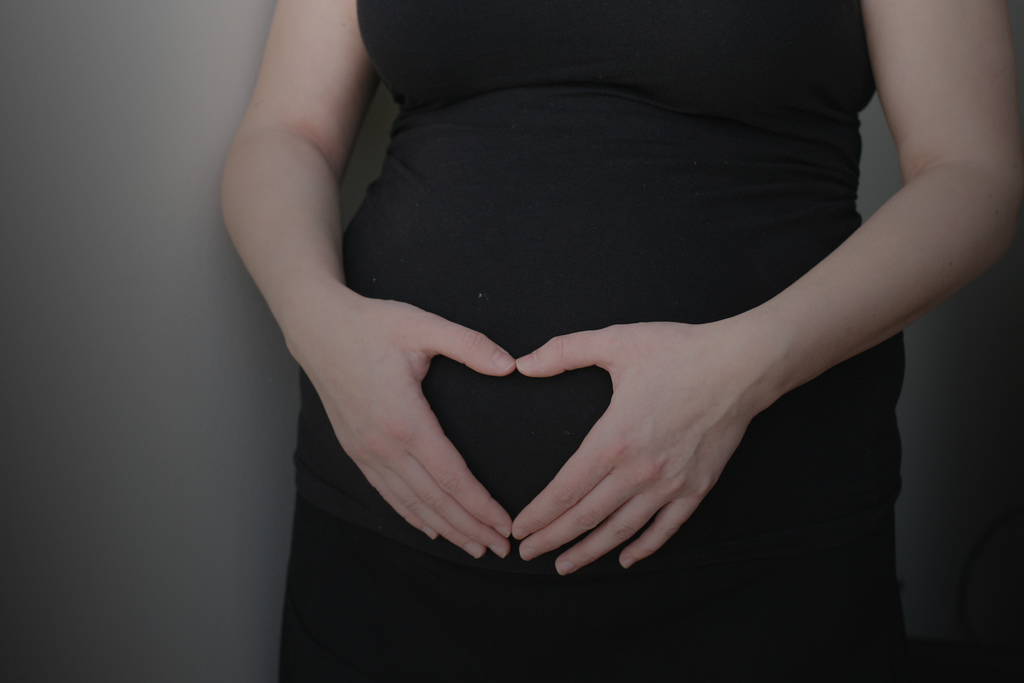As a field we have focused primarily on the detection of perinatal mood and anxiety disorders; however, one should be aware of the growing body of literature that suggests that certain interventions may actually decrease a woman’s vulnerability to postpartum depression (PPD). Postpartum depression affects about 15% of women after delivery. In women with histories of major depressive disorder or in those who have experienced an episode of PPD after a previous pregnancy, the risk for PPD is much higher, approaching 50% in some studies. Given that we can easily identify this group of at-risk women prior to delivery, interventions are designed to reduce the risk of PPD.
In a group of women with histories of postpartum depression, Wisner and colleagues described a beneficial effect of prophylactic treatment with a selective serotonin reuptake inhibitor (SSRI) antidepressant. In this double blind, placebo-controlled study, 22 women with histories of postpartum depression were randomized to receive treatment with either sertraline (Zoloft) or placebo, started immediately after delivery. Of the 14 women who received Zoloft, only one woman had recurrence of depression (7.1%). In contrast, four (50%) of the eight women in the placebo group developed PPD. While this represents a dramatic reduction in risk, many women would prefer to avoid taking antidepressants in this setting.
Fewer studies have assessed the efficacy of nonpharmacologic interventions in high-risk populations for women. There have been a number of studies evaluating the efficacy of preventative interventions; however, most of these studies (reviewed here) were carried out in populations of women who did not have an elevated risk for PPD (as compared to the women included in the Wisner study above who had histories of PPD).
A new study suggests that mindfulness-based cognitive therapy (MBCT) might be an effective intervention in women at high risk of PPD. There is strong evidence supporting the use of MBCT in the prevention of depressive relapse/recurrence in the general population. The authors adapted this treatment for perinatal depression (MBCT-PD).
In a pilot randomized clinical trial, researchers evaluated the acceptability and efficacy of MBCT-PD as compared to treatment as usual (TAU) in a group of pregnant women with depression histories recruited from obstetric clinics at 2 sites. The women were randomized to MBCT-PD (N = 43) or TAU (N = 43). The subjects were evaluated through 6 months postpartum.
MBCT-PD for at-risk pregnant women was acceptable based on rates of completion of sessions and at-home practice assignments. Not surprisingly, satisfaction with services was significantly higher for MBCT-PD than TAU. Most importantly, at-risk women receiving MBCT-PD experienced a 74% reduction in the rate of relapse compared to treatment as usual across the duration of the entire study period (18.4% relapse for MBCT-PD vs. 50.2% for TAU). If the analysis restricted to relapse during the postpartum period, the protective effect was even greater (4.6% relapse for MBCT-PD vs. 34.6% for TAU). In addition, participants receiving MBCT-PD reported, on average, significantly lower levels of depressive severity than participants in TAU.
Because depression during pregnancy and the postpartum period is associated with various adverse outcomes for the child, interventions which reduce the risk of perinatal depression are essential. This mindfulness-based intervention was acceptable and demonstrated a substantial relapse prevention effect.
Ruta Nonacs, MD PhD
Dimidjian S, Goodman SH, Felder JN, Gallop R, Brown AP, Beck A. Staying Well During Pregnancy and the Postpartum: A Pilot Randomized Trial of Mindfulness-Based Cognitive Therapy for the Prevention of Depressive Relapse/Recurrence. J Consult Clin Psychol. 2015 Dec 14. [Epub ahead of print]







Leave A Comment